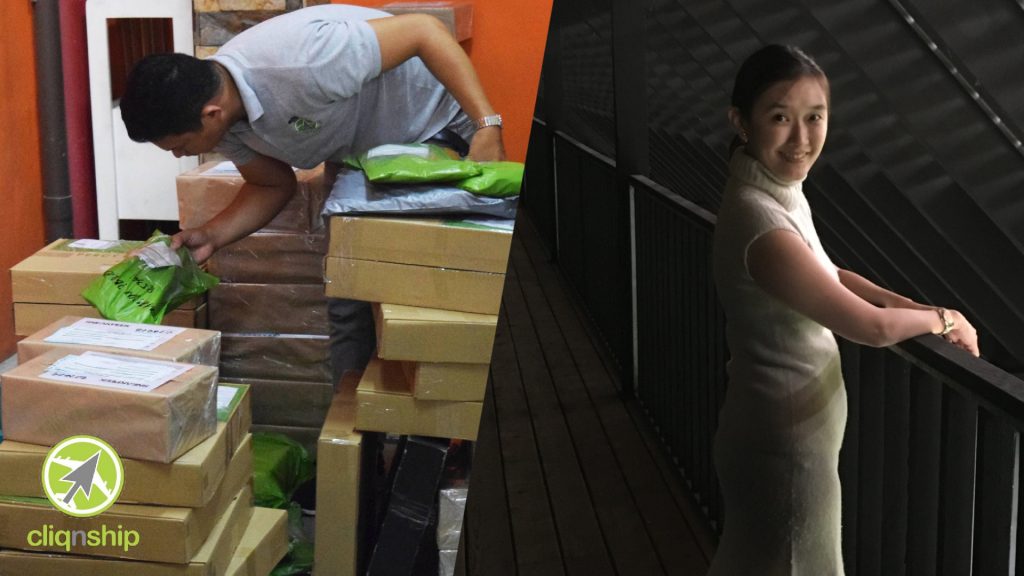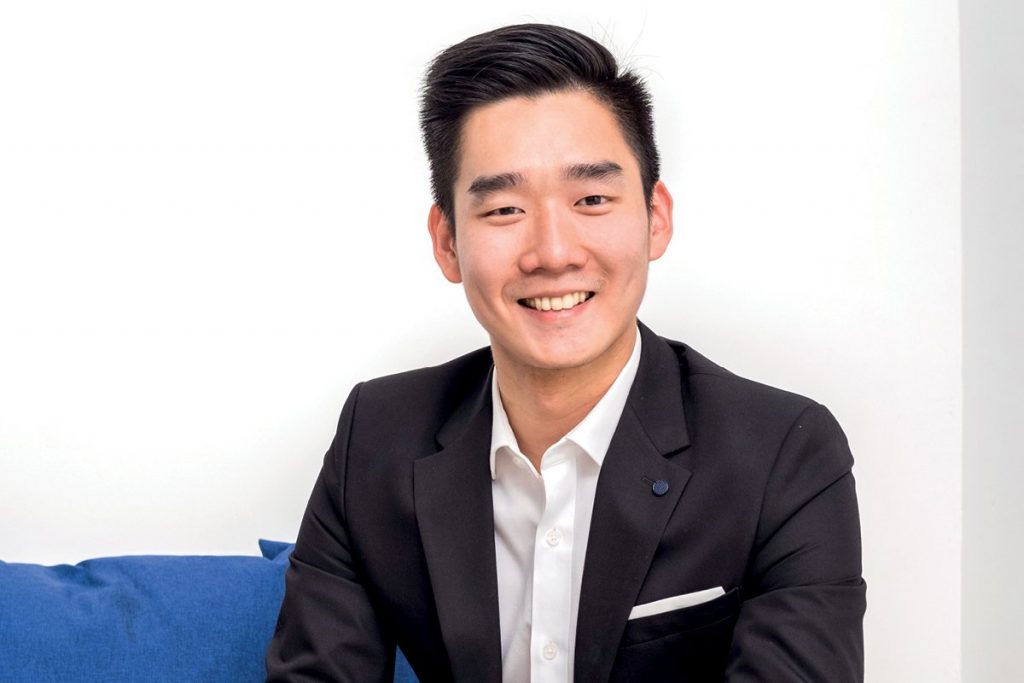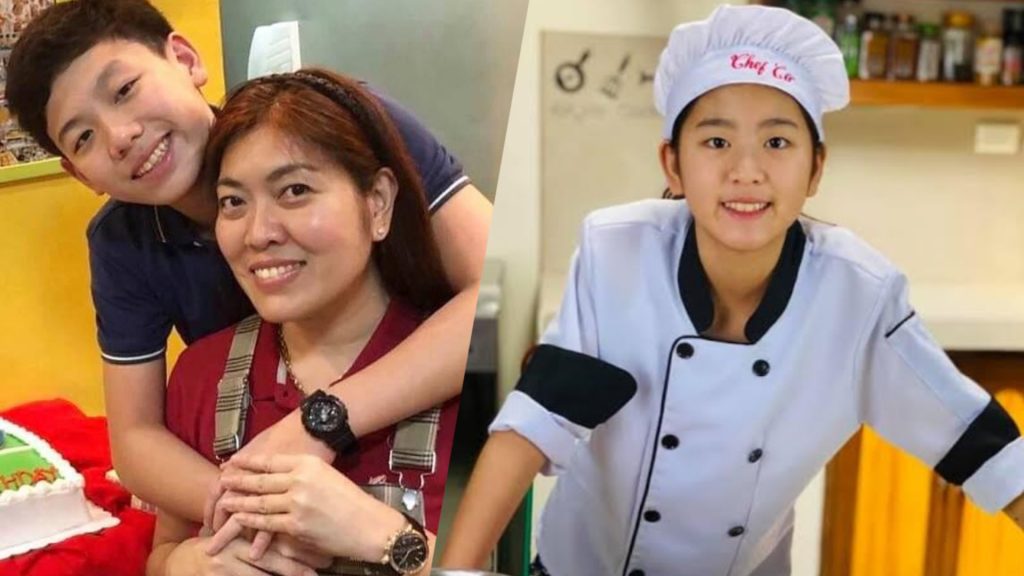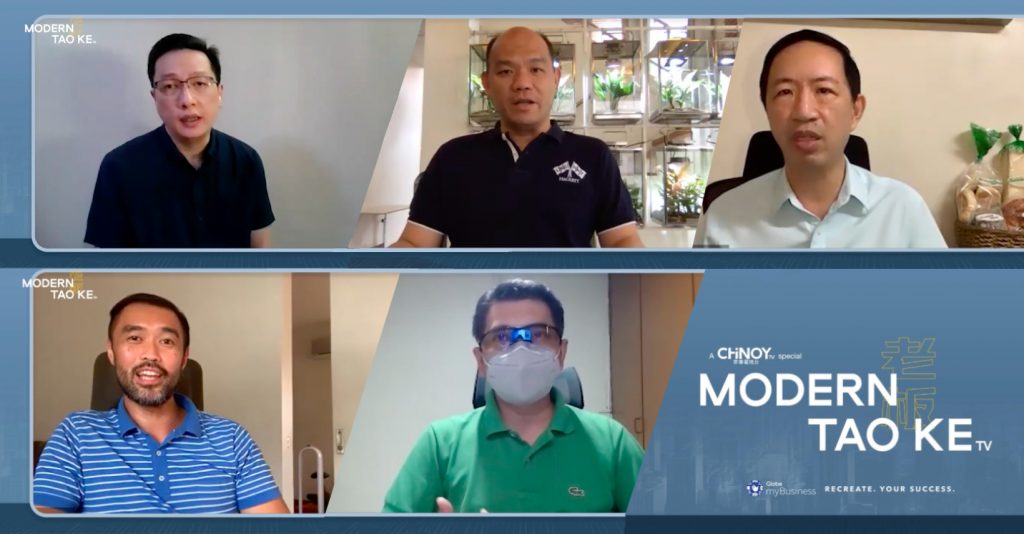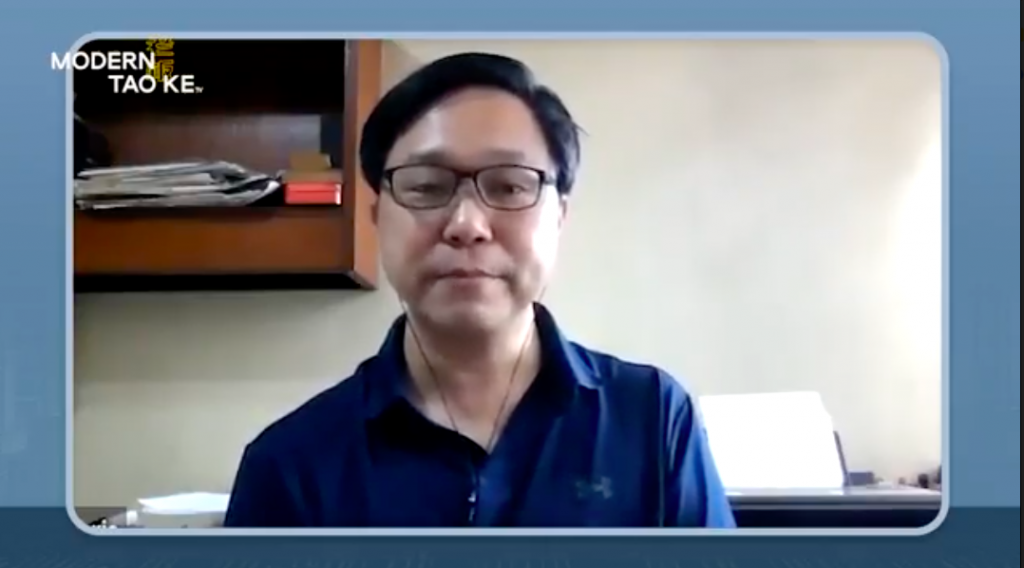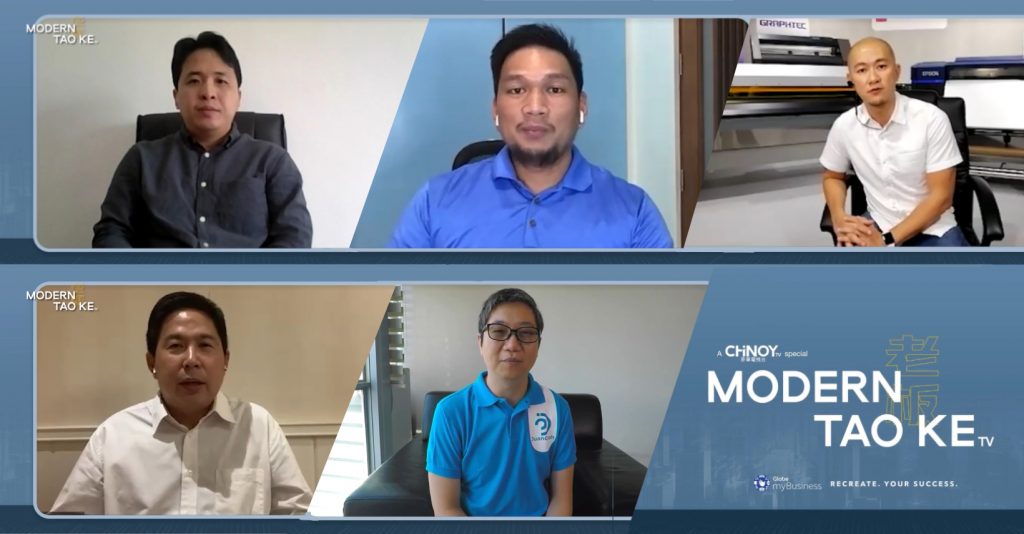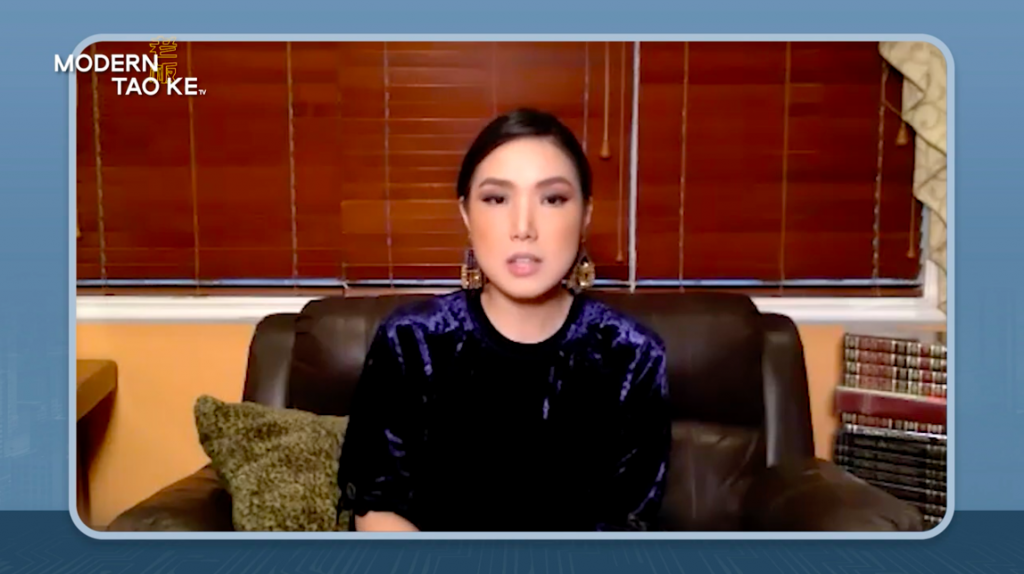Q & A With Modern Tao Ke Jacinto Ng Jr. On The Joy Of Carving Your Own Path
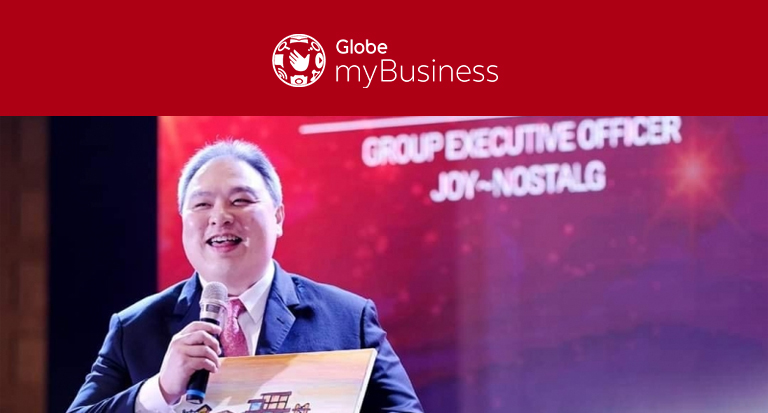
Jacinto Ng Jr. has known business all his life, with him assisting his parents in his family company as early as his grade school days. Encouraged by his father, he began exploring different entrepreneurial opportunities, with one of the first being housing projects that planted the seeds of his current venture, the Joy~Nostalg Group. He primarily serves as Group Executive Officer of Joy-Nostalg, which is a diverse hospitality venture that spans from affordable housing for the homeless to luxury hotels.
The COVID-19 pandemic brought many challenges to the travel industry, including Joy-Nostalg, which led to Ng leading the way in developing and redesigning solutions to help his customers.
Read on how he and his team at Joy-Nostalg stayed true to their mission of prioritizing their customers while innovating their systems in this Q&A from the Create. Modern Tao Ke. | Mindanao Edition session
Q: Can you briefly tell us what your business is about and what you do?
A: Joy-Nostalg is about creating moments of happiness for memories of hope. We achieve this by hosting the habituate through our hotel, Joy-Nostalg Hotel, and our Empress Dining restaurant. We are also powering the powerless through our power plants in Iloilo, Agusan, Bukidnon, and General Santos. Above all, we focus a lot on homing the homeless. We have three companies for this: we have Elanvital for the middle-income market, and we do condominiums as well as townhouses; we have EveryHome, that does economic housing; and we have Extraordinary, which does socialized housing for the low-income market.
Most of all, we also have [the JN] Foundation, and the advocacy of the foundation is to promote responsible homeownership. This way, we empower joy, dignity, and hope for a lot of homeless Filipino families. As I said, the greater focus is on social housing. As we try to endeavor to address the Philippine housing homelessness crisis, maybe few know that currently there are around 5-6 million Filipino families that are homeless. We all know how it is difficult for people to stay isolated in these COVID times, and part of that reason is that people are homeless. This is at least 20-30 million people who are homeless. This is where I put a lot of my time and effort, so hopefully this way, we can spark joy moreover, especially we’re a social business.
Just to give you an idea, our socialized housing is a two-story townhouse, 32 sq. meter in floor area, and 30 sq. meter in lot area. It cost only P580,000, and the monthly amortization is just around P2,500-P3,000 a month. The best part is that we offer our products with zero equity. All our beneficiaries have to do is be employed and be a member of good standing with Pag-IBIG, and you can have your house in six months’ time.
Q: Your situation is quite unique since your father encouraged you to start your own business instead of following in his footsteps. How did you find it?
A: The real story is that my father is in a joint venture company, and he’s one of the three partners there. I was working in that company, so in a sense we were actually working together. That was for fifteen years. After, they all decided to retire and take it easy, and so the long-term prospect of the company started slowing down. That’s when my father said that it was best that I just start my own business because their partnership was just going to slow down. Like a lot of what senior people do, they take the business as a challenge and as a hobby. For somebody like me who needs to have a livelihood to attend to, we decided that we form our own company. It’s not really me forming my own company, but it’s me and my father starting the company. It’s a unique situation where father and son at the same time are starting a business together. That’s what it is. It’s quite fulfilling because I’m able to express my own character and my own competence, but of course with the guidance of the tua tao ke. It’s a great thing that he had given me a great deal of latitude and flexibility to be able to chart the course of the company.
Starting anew, there were a lot of disadvantages. It’s hard, there’s so much risk, and obviously, it’s chaotic. Where I am right now, despite the fact that we have all these challenges and birth pains, I’m still very much grateful for that experience. For my family, the motivation I get is there. I’m very grateful for my organization, because they’re the ones who propel all of us together to take action. Of course, I’m grateful to God for the inspiration. It’s quite a fulfilling experience.
Q: Being involved in the hospitality industry, how have you been able to cope during the pandemic, since it’s one of the industries to be the first affected by the pandemic?
A: The hospitality [industry] is one of the most affected industries, together with travel and leisure. In our case, I think we’re coping. The first thing we did was we ensured the safety of our people. We started having our own protocols all set as early as January 27, just days after the first lockdown in the world.
It was scary, people were dying already as early as January. A disease like that we know is spreading. In the beginning, I did not feel it was going to come, but when China decided to lock down Wuhan and several parts of the country, that meant that it was serious. We took our cue from them. Part of the lockdown was also travel, so they were also cautious about [it]. That was the cue that this was something that most definitely at the time would result in the disease traveling all around the world.

Q: Would you encourage your kids to venture into the hospitality business?
A: Yes! Despite the challenges we’re having right now, we’re still continuing, we’re still finding and designing the ways to redefine business. Travel will still be around. Maybe travel for now is restricted, [but] there will still be travel. During the lockdown, we launched a spacecraft to Mars – I mean, talk about travel. We’re now even going to other planets!
There will definitely be travel, and obviously, you’ll need a place to stay. The hospitality of hotels and restaurants – these will definitely have a space. The same function will be there, but probably in another form. Of course, we just have to figure out and design the new solution for this.
Q: Can you detail your safety precautions that you mentioned a while ago?
A: We have everything that is probably very common by now – the distancing measures, the disinfection measures – but I think one of the things we focused on first until today is promoting and transferring the knowledge and the understanding to all our people. The first thing that everybody has to do is to understand what this disease is all about so we can protect each other better. That’s what we did, so we have different channels for that. We have Viber communities to be able to keep on communicating about this disease and what testing is all about.
We are fortunate that real estate has been classified as essential midway through the lockdown, so we started working because there were a lot of pending house turnovers for families to move into our houses. We started also doing testing. One of the first things we did was investing in testing. We had testing for every two weeks. Every guest that comes to our building has to get tested through rapid tests. Our employees are also rapid-tested, but if there are some who are positive, then we will have to confirm it with PCR (polymerase chain reaction) tests. We also have health declaration forms, which is the cheapest form of testing. What we did was we expanded our office. We got a new office lease, and we’re refurbishing that office so that we can accommodate our people in order for us to work at capacity while maintaining distancing. That’s what we’re doing to ensure safety for everybody.
Q: Did you resort to innovating some parts of your innovations for a more contactless approach?
A: Like many other companies, we’ve increased our engagement online. To visit our sites and houses, we have “online tripping.” We videotape somebody showing the subdivision, showing the houses, how they look from the outside and inside. We also have online payments.
Ironically, the innovation was on the low-tech. Everybody knew how to innovate on the high-tech side, but it’s the low-tech where we had some significant innovations. A lot of our customers are in the low-income market, very much marginalized, and obviously have very limited resources to travel. During the lockdown, it’s even worse – there’s no public transportation. The question was, how do we get documents back and forth, because they had to file a housing loan with Pag-IBIG. There are loan documents; these are contracts they had to sign. How do we do this? We cannot just use a logistics company to deliver the documents, because the logistics companies around will not know how to read whether it’s a good document or not.
One of the things we did was we created our own logistics service, and, for lack of a better name, we called it ‘Joy Joy Move.’ What it does is that our loans [and] documents people would take their motorized vehicle, and, with proper PPEs, they would go to the customers, engage with them, check the documents on the spot, and bring it back to us.
Everybody knows how to chat using Messenger, Viber, email, and stuff like this. The problem is the low-income market does not have the funds to connect to the internet, so a simple low-tech solution was to pay for their communication. We had a series of buying loads and transferring it to them for them to contact us and to communicate through data.

Q: Given your first-hand experience in starting a different business from your parents, what can you say to Chinese-Filipinos who will soon decide between those two paths?
A: I’ve had this discussion with my own children. My advice would be to do both. Follow and continue the business of your parents, as well as create your own. In following your parents’ path, I think it is a way to honor your parents. It’s a way to honor their love and their legacy for you. At the same time, it’s to honor the people who supported you. Obviously, our parents were not able to do the business on their own, they had people around them. I think to continue the business is to honor these people. The families that indirectly supported you. One of the things that I had trouble with was a question that I stumbled upon: How do I thank the thousands of people who helped my family and who helped me grow up to where I am today? I’m 50 years old, and you probably already have people who passed away and I don’t know them. How do I even thank them? It’s a challenge. It’s good to continue to honor your parents and to honor the people who helped them.
At the same time, there’s the practical side, which is that the business is already established. It’s not only revenues and profits that are established, and even if maybe [they] go down, you have networks of suppliers, and relationships with different banks and professionals. You have a reputation. This is already something that will cover a lot of challenges in business, so I think following your parents’ path is a very good idea. You have something ideological, but at the same time, there’s something practical.
Following your own path is equally important, because this is where you can express your own personal passion and expand your talents – where you’re good at, where you will feel a greater fulfillment. I think this is also good. At the same time, it honors your parents too with the learnings you get from them and the legacy you enjoyed from them. There’s also a practical side to this, and that is to diversify. Maybe a business that was established decades ago may have its challenges over time. It does make sense to start your own business at that particular time to also diversify.
I think in both cases – following your parents’ path or following your own path – it’s good to do both. There are ideological reasons to do them, and also practical reasons to do so.
Q: To start a business, what are the important things and issues to consider first?
A: You have to understand the market [and] the competition. It’s very important that you have to have your unique advantage in how you’re going to be able to compete. That should be very basic, and it cannot be overstated. I think beyond that, something quick has to happen: the moment that you decide that you’re going into business. You have to be very clear in terms of being able to define your mission – what the business is really all about. It’s when you identify the mission that you are able to discover or determine your relevance. If a business could not state its mission, there is a very good chance that it would be a business that may be short-lived, because the relevance aspect is not well-addressed. It could be an opportunistic business, that’s fine, but if you want to start a business and sustain that business, I think it’s important that you should be able to identify what your mission is about.
One of my favorite examples is [people] selling candles before who probably lost a lot of business when the light bulb was invented. I think a lot of them missed the point, because they thought their business is selling candles. In fact, if they define their business very well – their mission statement – [which is] to provide light, then what seems to be just selling candles would just go to selling light bulbs.
Soon after is to develop a strong sense of values. What would determine the rightness, the correctness of the path you’re going to take? That is to be answered by our values. I think this is very important. In our case, that has really defined and shaped how we do business. Our business is always done consistent with our Christude values.
Lastly, I would recommend that you always value your people. Do not view your people as cost, as liabilities. I think we should view our people as our partners. They are in this together with us. If you are having a hard time, they’re also having a hard time. They’re probably having a harder time than you are. If they’re giving their all with you, then all the more you’ll be able to find better ideas, you’ll work better together, you’ll come up with better strategies, and execute them better. People are not to be underestimated. We should look at people as partners.
In the Create. Modern Tao Ke. webinar, Jacinto Ng Jr. shared how he started Joy-Nostalg Group, how he and his employees came up with creative solutions to service his customers during the pandemic, and how young Chinoys can deal with the dilemma of continuing the family business or branching off on their own.
The Create. Modern Tao Ke. | Mindanao Edition was the third webinar under the Saludo SMEs Campaign presented by Globe myBusiness in cooperation with CHiNOY TV. Through the Saludo SMEs campaign, and the resulting webinars, Globe myBusiness equipped the Chinese-Filipino community with the right knowledge and business solutions to rebuild their businesses, especially at this time where many Tao Kes are in the middle of reopening their doors in the new normal.
Watch the full webinar in CHiNOY TV’s Facebook page here, and check out CHiNOY TV’s website for previous Q&As with the Create. Modern Tao Ke. webinar speakers!

